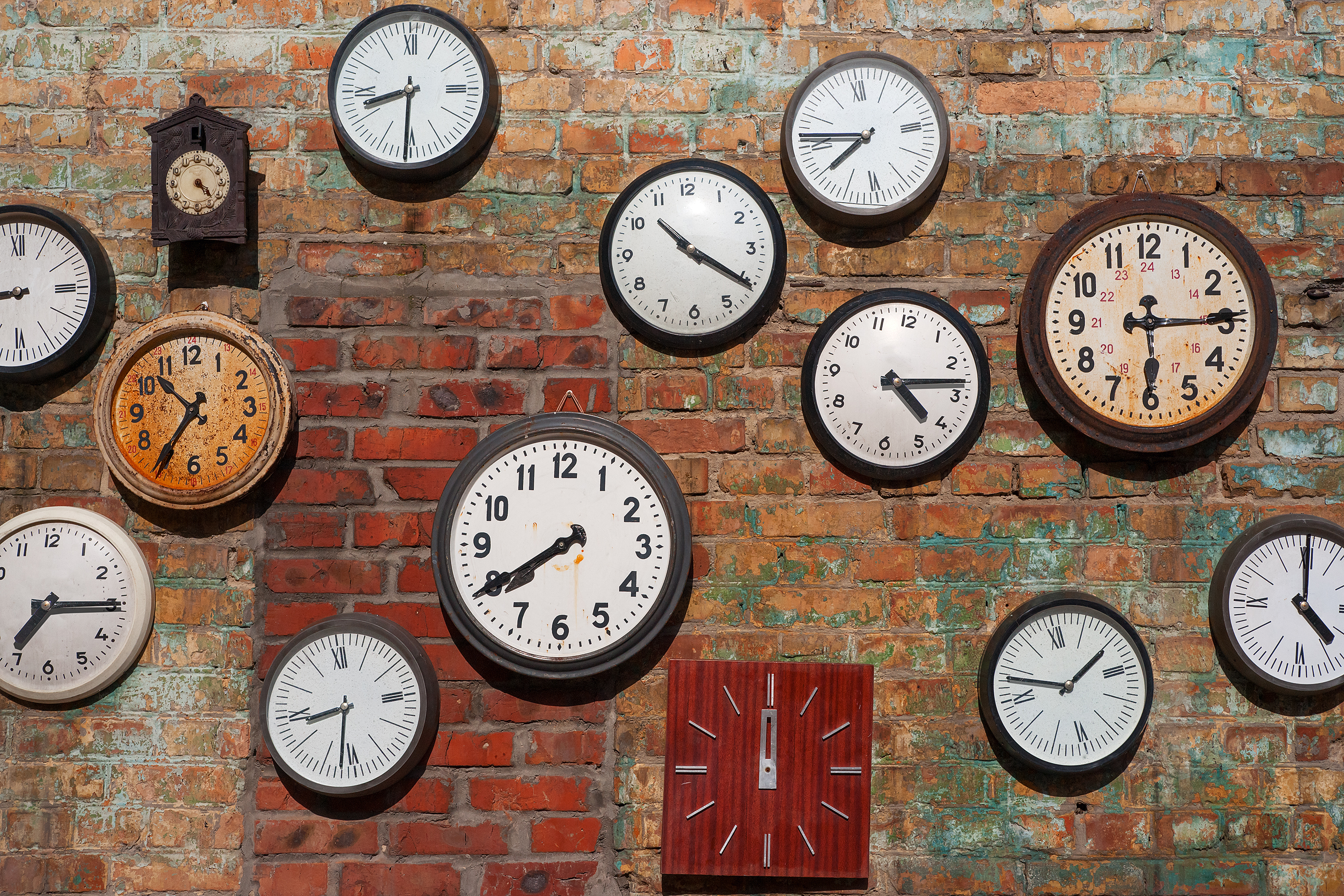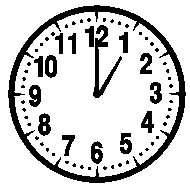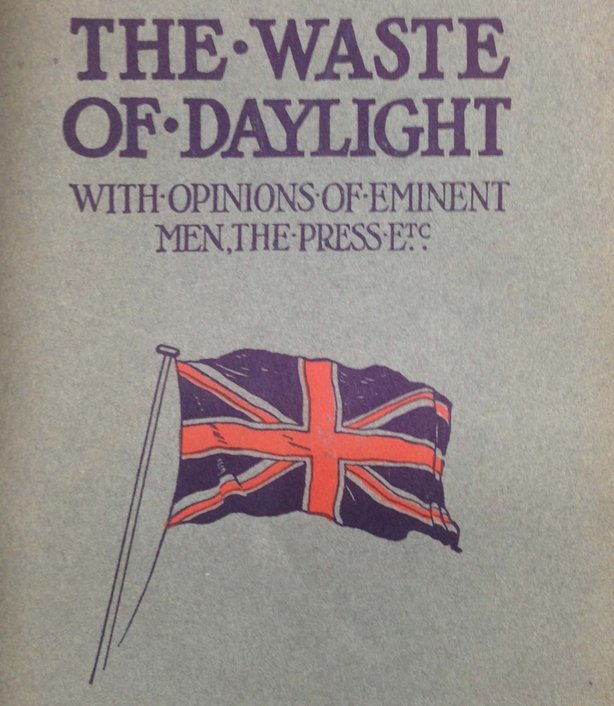
With the clocks going back this weekend, you’ll be able to enjoy an extra hour of sleep.
It’s over 100 years since the first time the UK wound back the dials at the end of British Summer Time.
But why do we change the clocks – and is it worth the hassle?
Here’s all you need to know…
What time you should change your clock this weekend
Wind back the dial one hour on Sunday October 27 at 2am.
Most mobile phones and electronic devices will do this automatically, but it’s worth checking if you’ve got something important on on Sunday morning (such as picking up your copy of The Sunday Post!)
The easiest way to remember which way to change the clock is, of course, the ‘spring forward, fall back’ adage.

The nights are fair drawing in…
From October to March, we are operating on Greenwich Mean Time (GMT) whereas from March to October we’re on British Summer Time (BST).
It’ll be lighter in the mornings but darkness will set in earlier.
When it started
The UK first moved its clocks forward in April 1916, having seen Germany do the same a month earlier.
World War I was underway by this point, and it was argued that the scheme would help reduce coal consumption at a time where supplies were needed for the war effort.
October 1 1916 was the first time the clocks went backwards or, as many clocks didn’t wind that way, 11 hours forwards!
The practice continued from then on.
The man who thought it all up
William Willet was the biggest champion of the changes back in the early 1900s.
He wrote ‘The Waste of Daylight’, a pamphlet on how he thought people should start their days earlier and not waste valuable hours of light.
The cover said his thoughts were backed up by the ‘Opinions of Eminent Men, The Press etc’…

Willet devised a plan where time would be advanced by four 20-minute increments during April, then reversed in the same way in September.
After years of campaigning for change, he died the year before Parliament finally introduced BST.
Fittingly, Willet’s great-great grandson is Coldplay’s lead singer Chris Martin, who had a song called Clocks.
 Chris Martin of Coldplay
Chris Martin of Coldplay
Pros & Cons
There is no real agreement on whether changing the clocks is a good thing or a bad thing.
The arguments from 1916 about saving energy don’t apply so much these days, and we’re not truly getting any more daylight – just adapting our time to suit the conditions better.
But farmers, postal workers and the construction industry are mostly in favour of lighter mornings, and that ‘extra hour’ in bed once a year is great!
Despite this, there have been many calls to stay an hour ahead of GMT permanently and scrap the process of winding back.
In 2011, a YouGov poll suggested that 53% of Britons would be happy with BST all year round.
First Minister at the time Alex Salmond was critical of the idea, which was proposed as a bill by a Tory MP, labelling it an attempt to ‘plunge Scotland into morning darkness’.
He saw it as a massive disadvantage for the northern parts of the country where it would be dark until late in the morning.
The Royal Society for the Prevention of Accidents (RoSPA) say the increased darkness during the early evening under GMT, however, is a safety risk.
Kevin Clinton, RoSPA’s head of road safety, told the Daily Express: “Child pedestrians are particularly vulnerable during the afternoon school run, when they digress on their way home and so are exposed to traffic risk for longer than their morning trip to school.
“During that period motorists are also tired after the day’s work, concentration levels are low, and journey times are increased due to shopping and social trips.
“For these reasons, increased evening daylight would produce significant results in preventing accidents to children and other road users.”
It’s a debate that will rumble on and on.
The story behind why we are so obsessed with keeping track of the time
Deviations from the norm
The clocks weren’t put back in the autumn of 1940 and the UK ended up two hours ahead each summer until it was rectified in 1945.
Fuel shortages in 1947 meant clocks were put forward twice in the spring and put back twice in the autumn, again having a summer with GMT +2.
Between 1968 and 1971, the Government trialled keeping the clocks on BST all year round, but it proved unpopular.
When they go forward again
Sunday March 29 at 1am is the start of 2020’s British Summer Time.

Enjoy the convenience of having The Sunday Post delivered as a digital ePaper straight to your smartphone, tablet or computer.
Subscribe for only £5.49 a month and enjoy all the benefits of the printed paper as a digital replica.
Subscribe